The latest chip export restrictions announced by the Netherlands will jeopardize the global semiconductor supply chains and increase the uncertainty of global economic recovery, as industrial decoupling poses a huge risk to growth, officials and experts said.
To break the United States-led containment in chips, China needs to promote the re-globalization of the semiconductor industry by teaming up with countries that are willing to cooperate and by achieving self-reliance in crucial technologies, they added.
The Netherlands announced on Friday a set of new regulations to restrict the export of certain advanced chipmaking equipment by aligning its trade rules with the U.S. strategy of curbing China's ability to make advanced semiconductors.
China has expressed its displeasure over the restrictions and called on the Dutch government to refrain from implementing measures that hinder normal cooperation between the two countries and impede the development of the semiconductor industry, according to a statement released by the Ministry of Commerce on Saturday.
In response to a media query, the ministry's spokesperson said the U.S., driven by its pursuit of global hegemony, has broadened the scope of national security and misused export control measures in recent years.
By deliberately fostering industrial decoupling, these moves have disrupted the global development of the semiconductor sector, the spokesperson added.
Bai Ming, deputy director of international market research at the Chinese Academy of International Trade and Economic Cooperation, said that despite Washington's shift in rhetoric from "decoupling" to "de-risking" in key supply chains, the U.S. continues to coerce other countries to contain China in chips.
Such moves will further disrupt the semiconductor industry's globalization, wreak havoc on international economic and trade cooperation, and impede global economic recovery, said Tu Xinquan, dean of the China Institute for WTO Studies at the University of International Business and Economics in Beijing.
Dutch company ASML, which manufactures cutting-edge chipmaking equipment, said the new export controls focus only on advanced chip manufacturing technology, denying media reports that all its deposition and immersion lithography systems are targeted.
The company said it needs to apply for export licenses with the Dutch government for shipments of its most advanced immersion deep ultraviolet lithography systems.
Data from the International Monetary Fund shows that technological decoupling could impose significant costs on Asian economies — about 5 percent loss in GDP.
"That's quite a big number. ... In general, technological decoupling is very expensive for not just Asia but also for the rest of the world," said Krishna Srinivasan, director of the IMF's Asia and Pacific department.
Li Xianjun, an associate researcher at the Institute of Industrial Economics, which is part of the Chinese Academy of Social Sciences, said that China should take the initiative to promote the re-globalization of the semiconductor industry, given the county's role as the largest chip market and its growing presence in semiconductor manufacturing.
To break the U.S.' containment in chips, China needs to rely on long-term input in research and development to achieve self-reliance in key chip technologies, Li said.
It is also of high importance to promote deeper ties with countries that are willing to cooperate in chips, said Xiang Ligang, director-general of the Information Consumption Alliance, a telecom industry association.
Making more friends and fewer enemies is always better, Xiang added.
"Restrictions have made us more determined to pool resources into R&D and to achieve breakthroughs," a senior executive from a Chinese chip company said on condition of anonymity.
In 2022, China consumed about 60 percent of all semiconductors in the world, which were then assembled into technological products to be re-exported or sold in the domestic market for final consumption, according to U.S. market research company Gartner Inc. Last year, the market size of the global chip industry stood at about $600 billion, according to Gartner.
Roger Sheng, vice-president of research at Gartner, said that though big gaps with advanced foreign counterparts exist, China's chip industry has made steady progress and the restrictions imposed by the U.S. government have, in fact, accelerated the progress of Chinese enterprises.
Data from the China Semiconductor Industry Association shows that the sales revenue of China's homegrown chip industry jumped to around 516 billion yuan ($71 billion) in 2022 from 8.15 billion yuan in 2004.












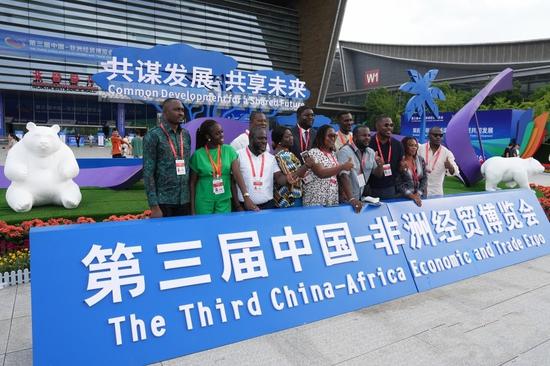




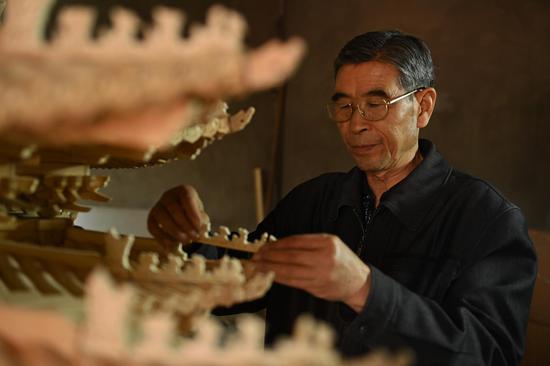

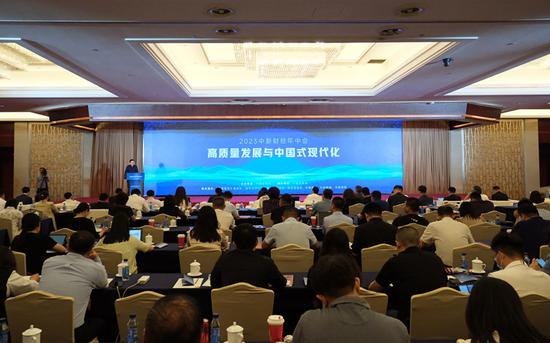







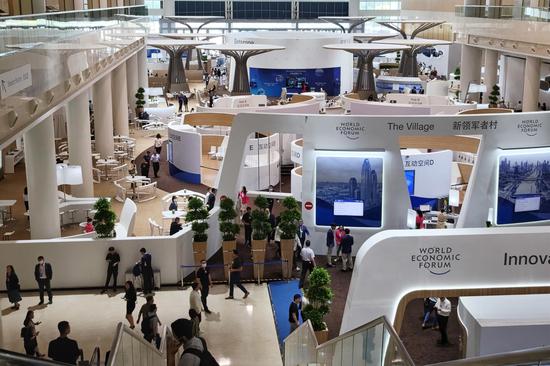






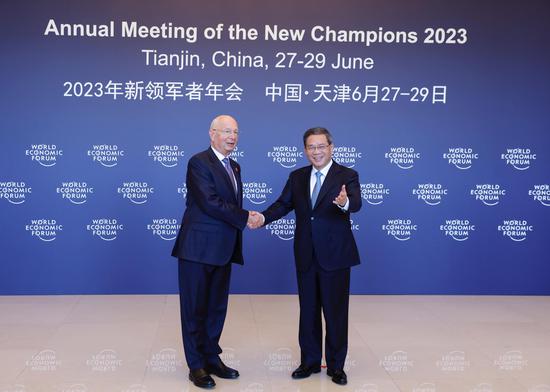
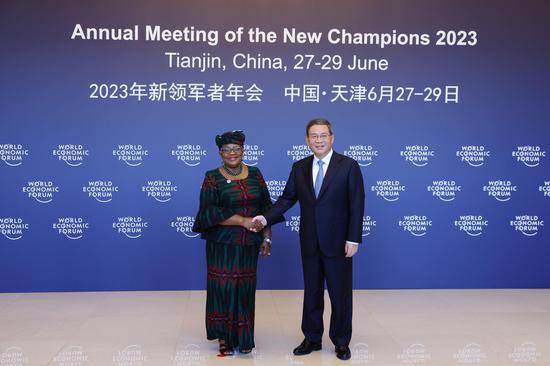
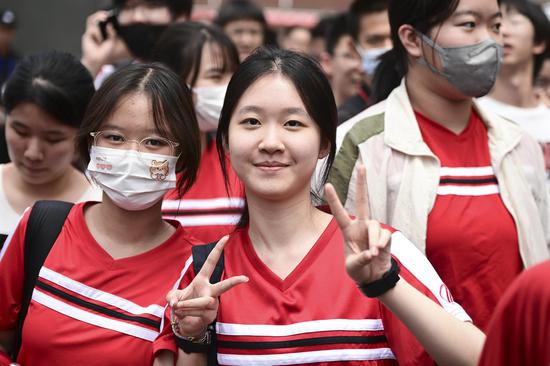






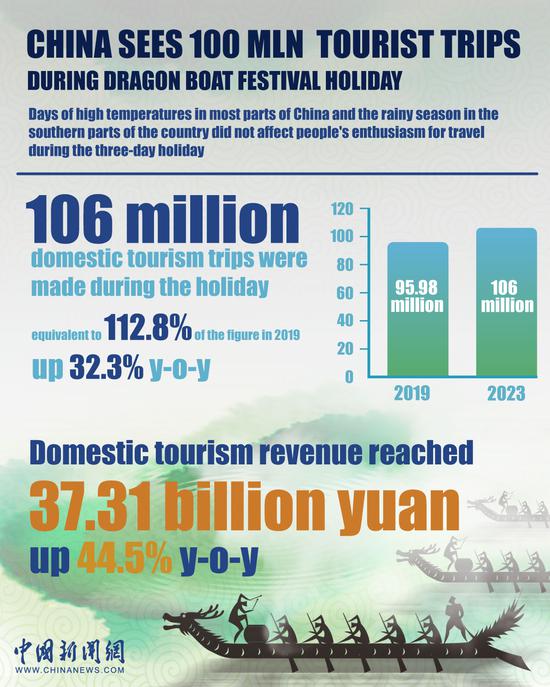






 京公網安備 11010202009201號
京公網安備 11010202009201號